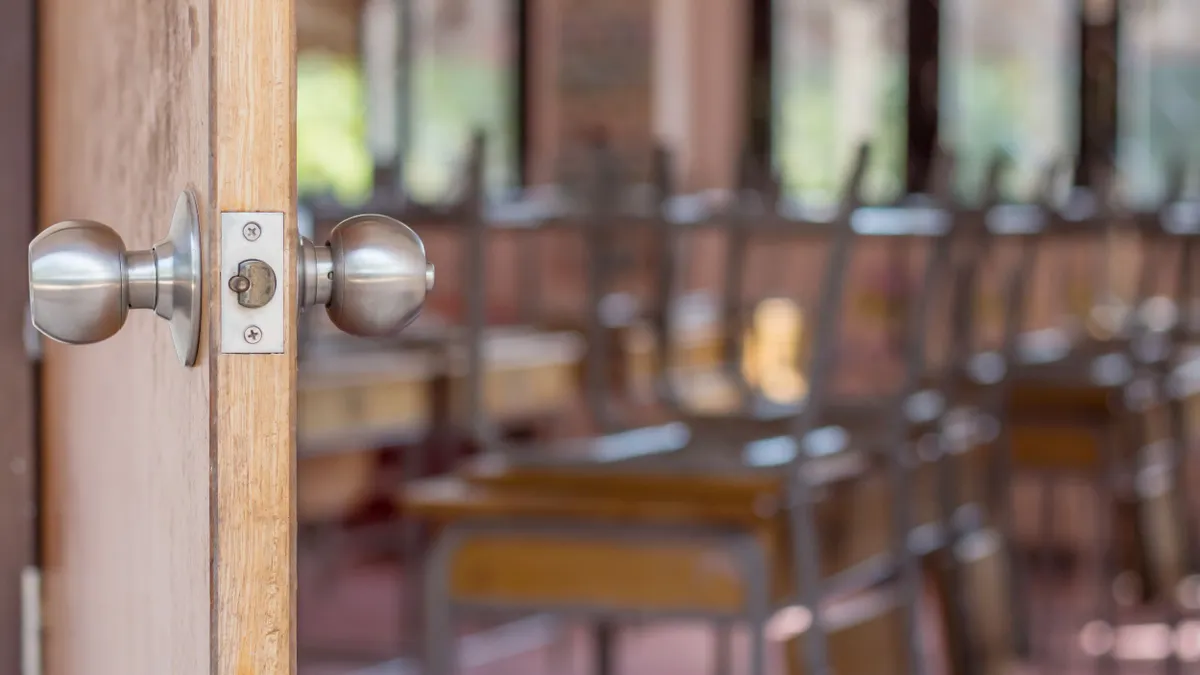Dive Brief:
- Gary Ravani, veteran public school teacher and president of the California Federation of Teachers’ Early Childhood/K-12 Council, penned a Washington Post column focused on school reforms that work but aren't necessarily getting the attention they deserve.
- Ravani zeros in on school reform occurring in Union City, NJ, that has been documented by University of California Berkeley professor David Kirp. According to Ravani, Union City schools succeed by having basic "reforms" like hard-working teachers and staff and a stable work environment.
- While Union City schools have many more long-term reforms in place, Ravani reiterates Kirp's report that the city doesn't have any of the more "popular" reforms such as "mass firings of teachers, the closing of schools, Teach For America, and charter schools."
Dive Insight:
The reforms in Union City are not mind-blowing. According to Ravani, they include "high-quality preschool; 'word-soaked' classrooms; true bilingual education; coherent curricula; test scores used to diagnose problems; teachers involved in continuous learning; schools enlisting parents as partners; and, the schools maintain a climate of high expectations, caring, and trust." As Ravani notes, sometimes the most intuitive and basic approach is really all we need, as too much effort and time is being placed into creating new and innovative reforms instead of focusing on the more simple that already works.
Another California school reform effort that Ravani advocates for is the Quality Education Investment Act (QEIA), which gives "low-performing" schools extra funds in exchange for adherence to stipulations such as lowering the average class size and and retaining veteran staff members.











